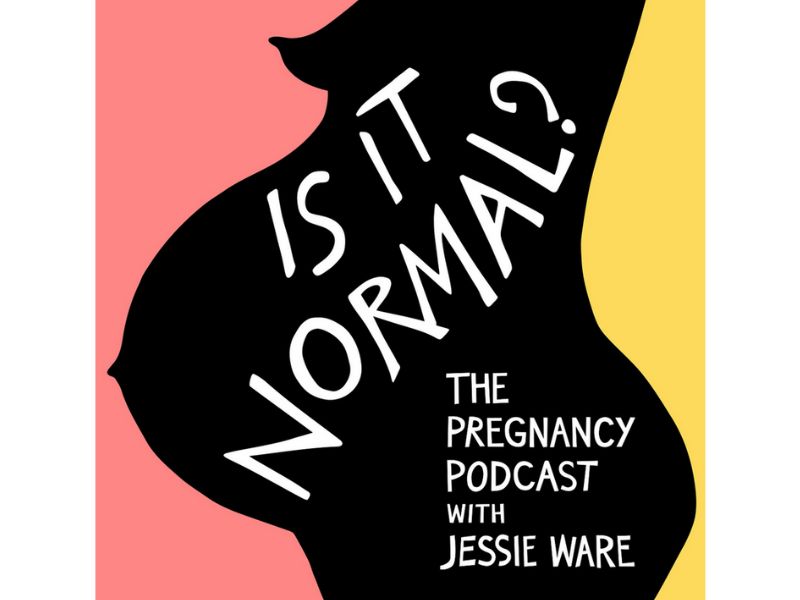Have you ever wondered why you always think you need just one more qualification before you go after your dream? Or why some people believe wholeheartedly in their abilities, when you are left questioning yours?
Subconscious biases wired into our brains can explain many of our behaviours. Authors of How Your Brain is Wired: An Owner’s Manual, Cathy Tomlinson and Crawford Hollingworth explain how understanding the brain’s biases is key in taking control of them.
We can overestimate how good we are at things we don’t really know how to do. We are all prey to the influence of the superiority bias, also known as the Dunning-Kruger bias. It makes us overestimate our skills and abilities while at the same time endowing us with a total lack of self-awareness that we’re doing it. Two psychologists from Cornell University, Justin Kruger and David Dunning, identified the bias when in 1999 they ran an experiment to see if people who lack the skills for something also lack the awareness of their lack of ability. Their results revealed that it’s more than likely that if you can’t do something, you also lack the skill it takes to do it, and yet you still think you might be pretty good at it. Here’s a real-life example. In an art gallery, a couple are watching a film in one of those dark, curtained rooms off the main display area. The film shows a naked man dancing and twirling his genitalia, rather joyfully, round and round. The watching man turns and scoffs to his wife: ‘I could do that…’ She stops him dead: ‘But you didn’t.’
Is it a surprise to learn that there’s a gender bias at play here? Studies show that men are more likely to overestimate their intelligence while women underestimate theirs. Men’s confidence in their abilities works for them too; it helps others to believe in them. In 2003, David Dunning and Washington State University psychologist Joyce Ehrlinger examined the relationship between confidence and competence. They gave male and female college students a quiz on scientific reasoning. Before taking the quiz, the students rated their own scientific skills. The psychologists wanted to cross-reference students’ perceptions of how scientifically skilled they were with their confidence about the correctness of their answers to the quiz – two very different things.
The women rated themselves more negatively than the men did on scientific ability, giving themselves an average of 6.5 on a scale of 1 to 10, while the men gave themselves 7.6. When it came to assessing how well they had answered the questions, the women thought they had got 5.8 out of 10 questions right; the men a more confident 7.1. Ehrlinger and Dunning followed up the test by inviting all the students to attend a science competition (with prizes). Though none of the students knew how they had performed in the test, only 49 per cent of the women signed up, compared with 71 per cent of the men. The implications of the findings are related to women’s career progression, since women are less confident in their abilities, they don’t push for more in the workplace. In their concluding remarks, Ehrlinger and Dunning suggest that when you need an accurate understanding of how well you are doing, ask an independent witness rather than relying on your own assessment. You’ll be most likely to judge yourself as either better or worse than you actually are.
A 2018 BBC investigation into the salaries of top NHS consultants revealed a number of disparities that could well be linked to the Dunning-Kruger bias.67 Of the hundred highestpaid doctors in the NHS, only five were women, and the highest-paid doctor, a man, earned nearly two-and-a-half times more than the highest-paid female doctor; on average, female doctors earned £14,000 less than their male counterparts. Higher levels of overtime accounted in part for the differences, but so did the greater likelihood that the men had applied for, and won, clinical excellence awards worth £77,000 a year. Former Co-chair of the NHS Consultants’ Association Dr Jacky Davis says, ‘In my experience, men are better at pushing for more money, putting the case for awards and they get them.’
Hillary Rodham Clinton wrote about this in her post-2016 election-analysis book What Happened: Over the years, I’ve hired and promoted a lot of young women and young men. Much of the time this is how it went: ME: I’d like you to take on a bigger role.
YOUNG MAN: I’m thrilled. I’ll do a great job. I won’t let you down.
YOUNG WOMAN: Are you sure I’m ready? I’m not sure. Maybe in a year?
A female friend described a day-long training seminar for magistrates. Two thirds of the delegates were women. At one point during the session they were split into groups to tackle a problem case, after which one person from each group presented to the rest. In spite of being in the minority, in almost every case it was 69 Section 1 the men who volunteered to present. So, is there an associated confidence issue here?
In their book The Confidence Code: The Science and Art of Self-Assurance – What Women Should Know, Katty Kay and Claire Shipman discuss what lies behind the confidence gap, noting that women are caught in a catch-22 situation when confidence (read ‘overconfidence’) can get a woman labelled as aggressive or ‘a bitch’. Where women let themselves down, they conclude, it is in the choice they make ‘not to try’, to give up in anticipation of poor performance or failure. Try, fail, try again, fail better and above all keep at it and beware the Dunning-Kruger bias would seem to be the go-to advice here.
A recent thread on Twitter demonstrated this very issue. Former BBC Radio 4 Woman’s Hour presenter Jane Garvey asked the question: ‘I wonder if anyone can think of a topical example of that well-worn cliché that a man will have a punt at a job for which he’s woefully under-qualified, but a woman might be more inclined to hold back?’ Of the many, many replies that flooded back, the following were particularly illuminating. From Jess Phillips, Labour MP for Birmingham Yardley:
In every advert for a job at Women’s Aid we said explicitly (citing the relevant sections of the equality act) that you had to be a woman to apply. Every single time without fail, at least 2 men applied. Every single time.
And this response from an employer:
I’m hiring for a software developer role at the moment and I’ve seen this over and over again. Men exaggerate their skills on their CV, women underplay it. Men talk well but their practical tests are poor. Men generally ask for 10–20% more money too.
Extract taken from How Your Brain is Wired: An Owners Manual, by Crawford Hollingworth and Cathy Tomlinson (Unbound, £16.99)









